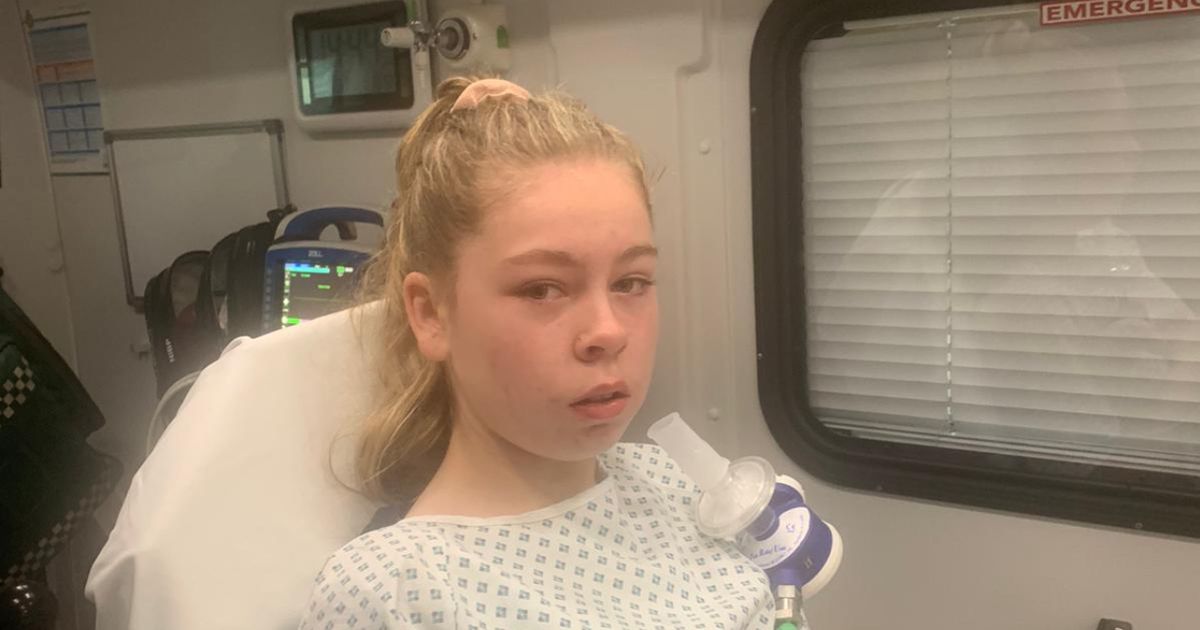Charlie from Tiverton was accused of faking symptoms by NHS staff only to be diagnosed with a severe neurological disorder that nearly cost her life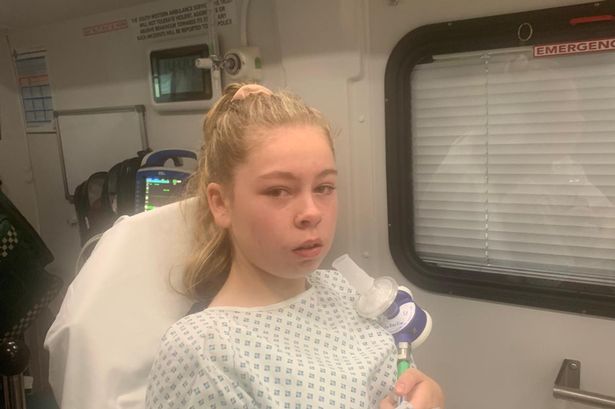 Charlie Morgan began experiencing unexplained seizures, paralysis and severe memory loss as a teenager
Charlie Morgan began experiencing unexplained seizures, paralysis and severe memory loss as a teenager
An 18-year-old was left unable to speak, walk or even recognise her own family after doctors repeatedly told her she was faking her symptoms—only to later be diagnosed with a serious neurological disorder.
Charlie Morgan, from Tiverton, began experiencing unexplained seizures, paralysis and severe memory loss as a teenager. But despite suffering from frightening episodes that left her unable to swallow or urinate, hospital staff dismissed her as “attention seeking” and accused her of putting it on “out of choice”.
Now diagnosed with functional neurological disorder (FND), Charlie is speaking out in a bid to raise awareness of the condition—and highlight the ongoing lack of recognition in the NHS.
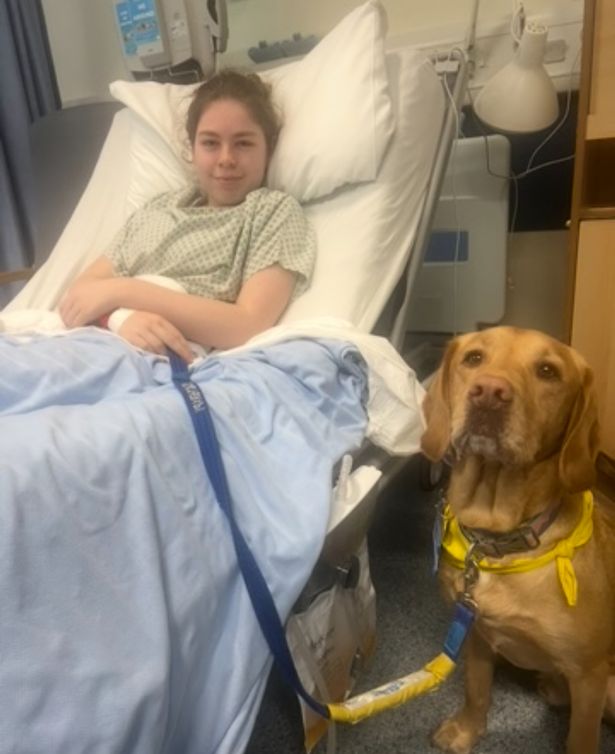 Charlie Morgan began experiencing unexplained seizures, paralysis and severe memory loss as a teenager
Charlie Morgan began experiencing unexplained seizures, paralysis and severe memory loss as a teenager
Charlie said: “I’ve had A&E staff Google FND in front of me, I’ve had a nurse tell me my seizure was fake because it’s not epilepsy, and I’ve been discharged paralysed because my MRI was clear.”
FND affects the brain’s ability to send and receive signals and is the second most common reason for referral to neurology clinics. But Charlie says many professionals still wrongly dismiss it as “purely psychological”.
At just 17 years old, after years of distress and disbelief, Charlie was finally given a diagnosis—but no further help. “I wasn’t given a place to go next either. I was just told to get on with it,” she said. “No help, information, nothing. I left the hospital more confused than how I went in.”
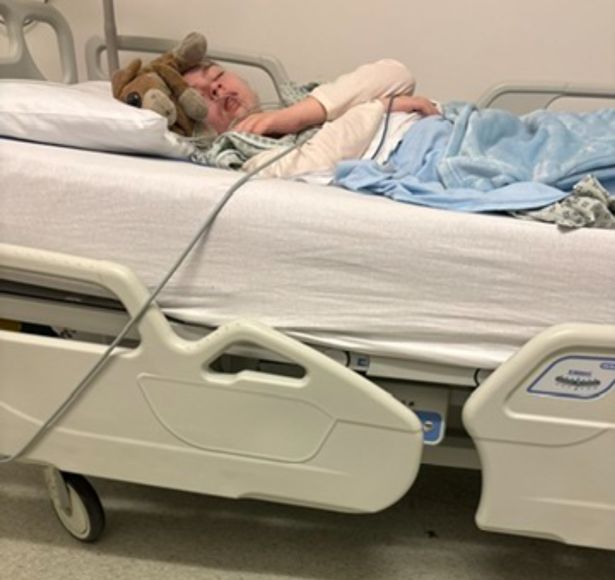 Charlie Morgan began experiencing unexplained seizures, paralysis and severe memory loss as a teenager
Charlie Morgan began experiencing unexplained seizures, paralysis and severe memory loss as a teenager
The condition left her unable to eat or speak and suffering symptoms including tics, tremors, hearing and vision loss, memory blackouts and hours-long seizures. On one occasion, she could not even remember her own name, birthday or home address.
“I became extremely confused and my family thought I’d had a stroke,” she recalled. “I couldn’t talk, move or understand anything. I was scared of my own dog. I was told to ‘grow up’.”
Charlie’s symptoms worsened after one terrifying episode in a car where she experienced intense back pain and became unable to move. Hospital scans later found nothing physically wrong, and she was again sent home.
Despite being unable to urinate and needing a catheter, Charlie said she was told doctors did not want to “medicalise” her condition. Her bladder had to be urgently drained after becoming dangerously full.
Even while seizing in hospital waiting rooms, staff reportedly said to “let her seize—she’ll stop when she’s bored”. She was later rushed to resus with dangerously low oxygen levels.
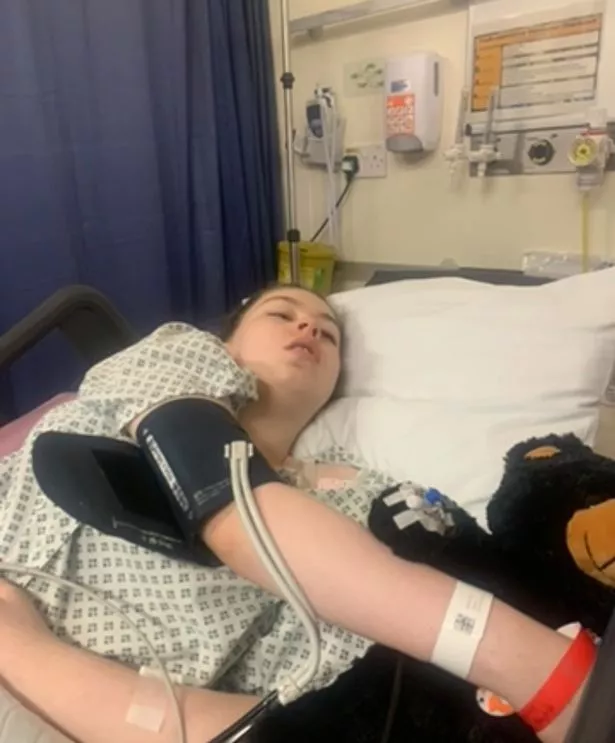 Charlie Morgan began experiencing unexplained seizures, paralysis and severe memory loss as a teenager
Charlie Morgan began experiencing unexplained seizures, paralysis and severe memory loss as a teenager
Charlie now shares her experience with healthcare students and professionals to improve understanding of FND. She continues to campaign for better treatment for patients with the condition.
“There’s more people with this than you realise,” she said. “FND symptoms are not fake or put on—they’re very much involuntary.”
She is urging the public to support an online petition calling for improved care and recognition of the condition. “Please sign and share this petition to help people like me,” she said.
The petition can be found at: https://petition.parliament.uk/petitions/727063
Charlie added: “If you are a healthcare professional, please research FND and treat all patients how you would want you, your child or your mum to be treated.”
The NHS was approached for comment.

